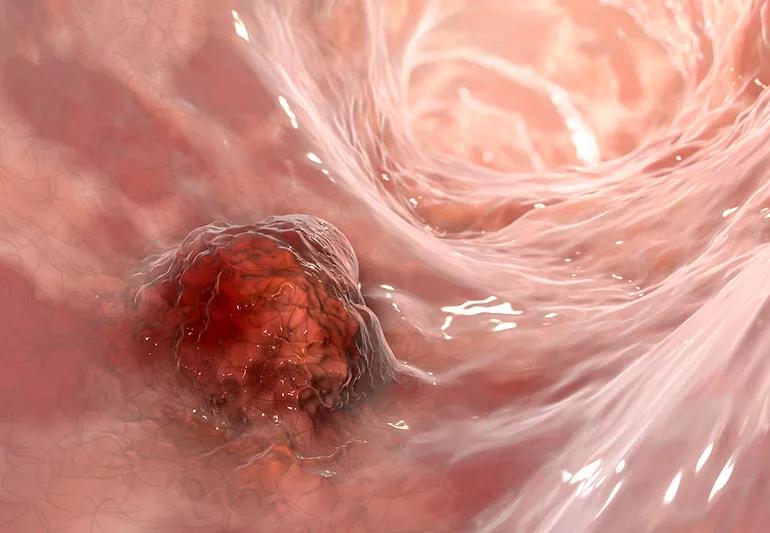Discover the truth from a colorectal surgeon

Image content: This image is available to view online.
View image online (https://assets.clevelandclinic.org/transform/42369695-1f64-4f94-8dee-b07e83902fb6/colonCancer-1319439468-770x533-1_jpg)
colon cancer illustration
If you think you’re only at risk of colorectal cancer if it runs in your family, you’d be wrong.
Advertisement
Cleveland Clinic is a non-profit academic medical center. Advertising on our site helps support our mission. We do not endorse non-Cleveland Clinic products or services. Policy
About 75% of people who get colon or rectal cancer can’t trace it to genetics. Family history can be an indicator of risk, but lifestyle factors such as diet, exercise, alcohol consumption and use of tobacco products all contribute, too.
The American Cancer Society estimates that in 2022 alone, 106,180 people will be newly diagnosed with colon cancer and 44,850 will learn they have rectal cancer. Excluding skin cancers, colorectal cancers rank as the third-most diagnosed cancer in the United States.
The truth is that everyone is at risk of colorectal cancer, says colorectal surgeon I. Emre Gorgun, MD. That’s why regular screenings are recommended beginning at age 45 or even earlier depending on risk factors. All colon cancers arise from benign (noncancerous) polyps. Removing polyps during a colonoscopy can prevent colon cancer from developing and save lives.
Advertisement

Sign up for our Health Essentials emails for expert guidance on nutrition, fitness, sleep, skin care and more.
Learn more about our editorial process.
Advertisement
Colonoscopies and sigmoidoscopies are types of endoscopies, procedures that look at the health of your large intestine
At-home screening options can be good detection tools, but a colonoscopy remains the gold standard
Get lots of fiber, cut back on red meat and limit your alcohol intake
Chronic inflammation from flare-ups can damage the lining of your intestinal wall, making your colon more vulnerable to cancer
The effectiveness of at-home screening options
Know your risks for this highly preventable disease
Improved prep taste, timing make for a better experience
Support can help you navigate your fears
Type 2 diabetes isn’t inevitable with these dietary changes
Applying a hot or cold compress can help with pain
Pump up your iron intake with foods like tuna, tofu and turkey